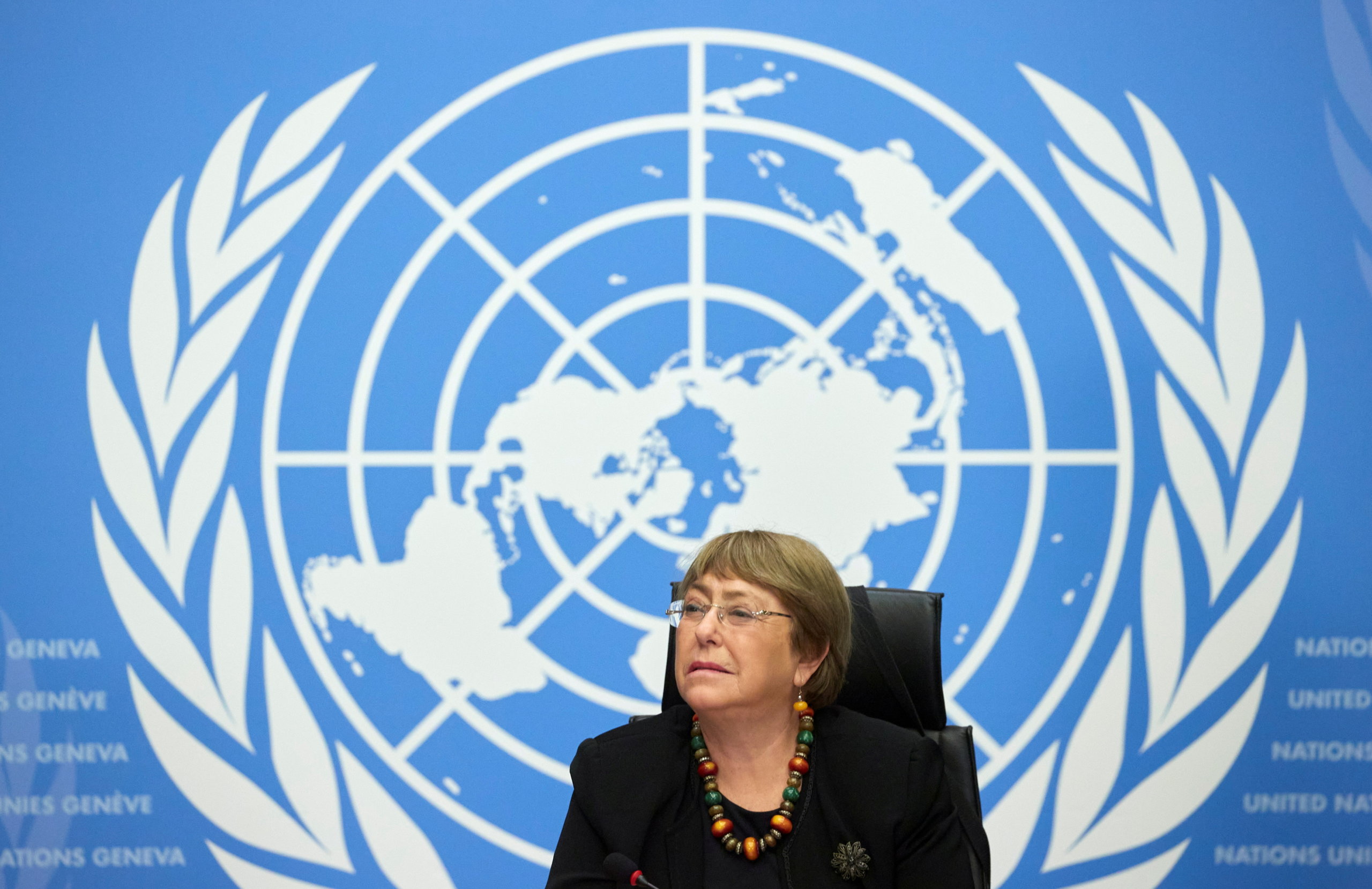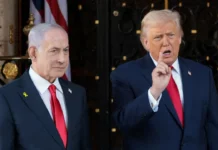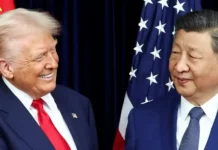
GENEVA: The Chinese Mission to the United Nations has opposed the remarks made by the United Nations (UN) High Commissioner for Human Rights on Hong Kong and Xinjiang-related issues at the Human Rights Council on Monday.
Beijing termed the comments by UN rights chief Michelle Bachelet as “erroneous” and “in disregard of facts,” and interfered in China’s internal affairs, Xinhua reported. Liu Yuyin, spokesperson of the Chinese Mission to the UN said, “China is firmly opposed to the remarks.”
It is China’s sovereign right to enact and implement the Law of the People’s Republic of China on Safeguarding National Security in the Hong Kong Special Administrative Region, the spokesperson added.
This reaction comes after Bachelet on Monday had said that the United Nations is closely monitoring the impact that National Security Law had on the civic and democratic space of Hong Kong.
Addressing the 47th session of the Human Rights Council, Bachelet said, “We have been closely monitoring its (National Security Law in Hong Kong) application and the chilling impact it has had on the civic and democratic space, as well as independent media.”
“Since 1 July 2020, 107 people have been arrested under the National Security Law and 57 have been formally charged, with the first case coming to trial later this week,” the rights chief said.
She further said that the UN is discussing with China modalities for a visit, meaningful access, to the Xinjiang Uyghur Autonomous Region.
“Separately, I continue to discuss with China modalities for a visit, including meaningful access, to the Xinjiang Uyghur Autonomous Region, and hope this can be achieved this year, particularly as reports of serious human rights violations continue to emerge.”
Earlier this month, demonstrations were staged in several cities across the globe to commemorate the second anniversary of the pro-democracy movement in Hong Kong.
Since June last year, the sweeping national security law Beijing imposed on the city has been used to stifle political opposition and anti-government protests. The law has dramatically expanded China’s grip on the semi-autonomous city.
In its strongest rebuke of China, the Group of Seven (G7) countries had urged China to “respect human rights and fundamental freedoms” in Hong Kong and Xinjiang.
The group called on China “to respect human rights and fundamental freedoms, especially in relation to Xinjiang and those rights, freedoms and high degree of autonomy for Hong Kong enshrined in the Sino-British Joint Declaration and the Basic Law”. (ANI)






